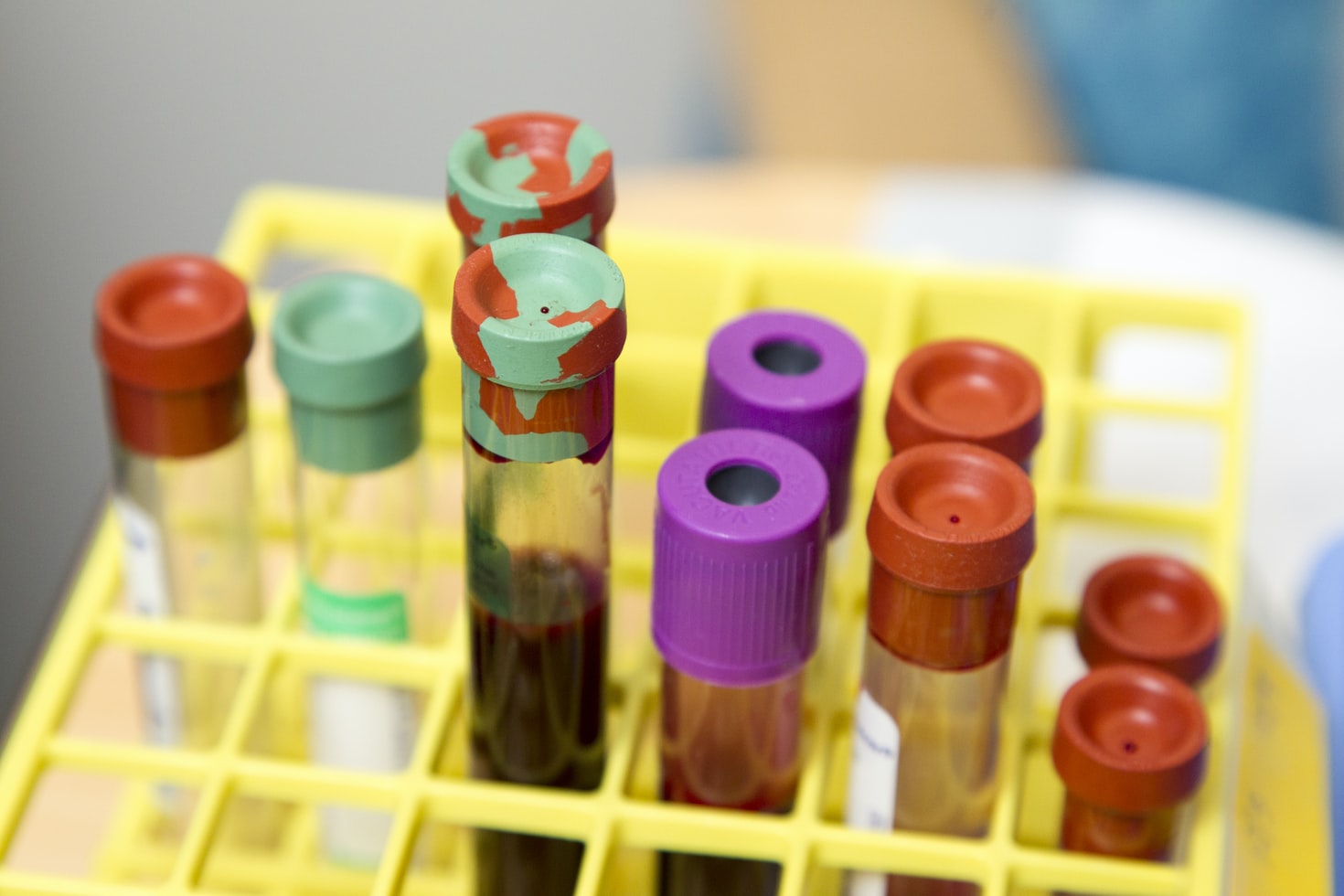
What is Prostate-Specific Antigen (PSA) Test?
What is the PSA test?
PSA is a protein produced by both normal and cancerous cells in the prostate gland. The PSA test determines how much PSA is present in a man's blood.
How a PSA test is done?
In PSA test requires the blood sample to be analysed in laboratory. Results are usually available within a few days. It can be of two kinds. Total PSA and Free PSA.
What are the normal PSA levels?
PSA levels are commonly expressed in nanograms per millilitre of blood (ng/mL).
- Toal PSA of less than 4 ng/ml is regarded as normal.
- Free PSA is done when the Total PSA is in the range of 4 to 10 ng/ml, to add to the available information for further evaluation.
If your PSA level is elevated, you may require additional testings and imagings to rule out prostate cancer.
When to get a PSA test done?
A PSA test is usually offered as an “Opportunistic screening” for patients who present for a medical consultation for Lower urinary tract symptoms prior to starting treatment after informed decision making by the patient.
Who should get a PSA done and at what frequency?
AUA Panel strongly recommends shared decision-making for men age 55 to 69 years that are considering PSA screening, and proceeding based on a man's values and preferences. (Standard; Evidence Strength Grade B)
The greatest benefit of screening appears to be in men ages 55 to 69 years.
To reduce the harms of screening, a routine screening interval of two years or more may be preferred over annual screening in those men who have participated in shared decision-making and decided on screening.
As compared to annual screening, it is expected that screening intervals of two years preserve the majority of the benefits and reduce overdiagnosis and false positives. (Option; Evidence Strength Grade C)
Additionally, intervals for rescreening can be individualized by a baseline PSA level.
What are the other reasons that can affect your PSA levels?
Here are some factors that can affect your PSA levels:
- Age: PSA values in older males are somewhat greater than those in younger men.
- Urinary tract infection, prostatitis (inflammation of the Prostate)
- Surgical intervention in the urinary tract
- Prostate stimulation: Extra PSA might be released as a result of any prostatic stimulation. Ejaculation can boost PSA levels, but merely having a DRE can do so too.
- Medications: Finasteride and Dutasteride, for example, can reduce PSA levels artificially.
What are the limitations of PSA test?
There are certain limitations of PSA screening including but not limited to:
- To diagnose cancer, additional tests, such as an MRI and biopsy, may be performed.
- It's possible to have false-negative test results.
Patients seeking PSA test are advised to discuss the advantages and limitations of a PSA test with your doctor and make an informed choice accordingly .

